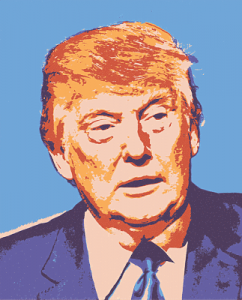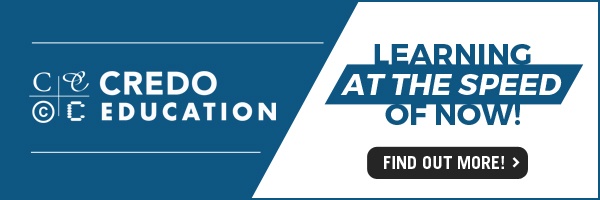 After two weeks of following the story of Macedonian “fake news” sites and Facebook’s editorial responsibilities, we wanted to discuss the fact that fake news is only part of the problem. Discerning real information from biased misinformation is a growing challenge in the 21st century.
After two weeks of following the story of Macedonian “fake news” sites and Facebook’s editorial responsibilities, we wanted to discuss the fact that fake news is only part of the problem. Discerning real information from biased misinformation is a growing challenge in the 21st century.
Politicians aren’t the media, but they do get the word out:
Over the weekend we watched the President-elect of the United States broadcast through his Twitter feed dubious accusations of voter fraud on the scale of millions. It appears Donald Trump is sourcing Infowars.com, a conspiracy theory site that trades in tales of the US Post Office arming itself to quell civil unrest as well as too many stories about aliens to link to here. But of course it isn’t just Mr. Trump; other politicians and celebrities use their social media platforms to disseminate information about vaccines, climate change, and more.
When high-profile figures use social media to share their views (and they certainly have that right!), the editorial burden of verification falls to the reader. One thing we’re learning in 2016 is that we as a society have not yet attained the level of information literacy we need to do this effectively.
Combatting misinformation:
Well-developed critical thinking and information literacy skills are the only way to neutralize misinformation. We’ve made our videos on Identifying Bias and Evaluating Sources available for you to view and share; you can even embed them into your own site or LMS.
One of the inherent problems with a platform like Twitter is that the character limit per tweet inhibits people’s ability to cite their sources. In the case of Mr. Trump’s initial voter fraud tweet, which only contained his statement and no links whatsoever, we as readers are tasked with conducting research to see if his words holds water.
Hopefully, astute followers of Mr. Trump researched the claim of 3 million instances of voter fraud to identify where this number originated. Upon discovering the Infowars website, these followers could evaluate the site and its founder, Alex Jones, for authority and bias. They might also research past studies of voter fraud from reputable sources to see if the opportunity for such a massive undermining of the US democratic system exists. Thinking critically, they could then suss out what a politician who won office while losing the popular vote might stand to gain by changing that particular narrative.
Sometimes it’s funny when a musician takes to social media to convince us that the world is flat. However if we don’t do more to improve our information literacy and critical thinking skills moving forward, we might find ourselves in the new Dark Ages.

